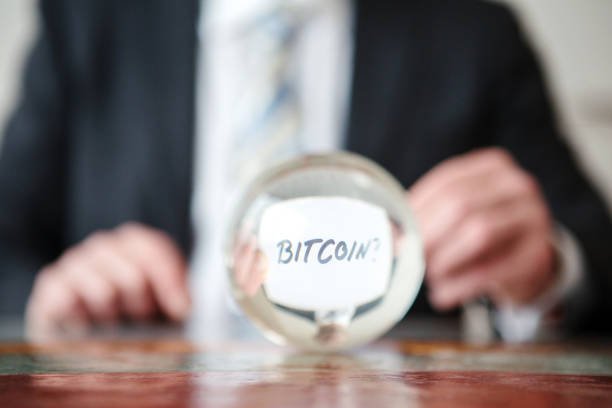A centralized oracle is the only source of data for the smart contract and is managed by a single entity. It can be dangerous to rely just on one source of information because the oracle's owner determines whether the contract will work. Also, the smart contract will be directly impacted by any harmful interference from a bad actor. The primary issue with centralized oracles is that they have a single point of failure, which reduces the contracts' resistance to weaknesses and intrusions.
Avoiding counterparty risk is one of the goals shared by decentralized oracles and public blockchains. They do this by avoiding relying on a single source of truth, which increases the accuracy of the data supplied to smart contracts. Decentralized oracles, also known as consensus oracles, are used by the smart contract to query many oracles to verify the validity and accuracy of the data.
Some blockchain initiatives give other blockchains access to decentralized oracle services. Prediction markets, where the legitimacy of a particular outcome may be verified by social consensus, can also benefit from the deployment of decentralized oracles.
While decentralized oracles strive for trustlessness, it's crucial to remember that, like trustless blockchain networks, they don't entirely get rid of trust but rather spread it among many users.
Decentralized oracles may create safety nets that would significantly reduce systemic risk in the blockchain ecosystem. For the blockchain ecosystem to develop, blockchain oracles continue to be one of the fundamental building blocks that must be applied in a secure, dependable, and trustless manner.

I learnt a lot on this post. Thank you for sharing
Downvoting a post can decrease pending rewards and make it less visible. Common reasons:
Submit
From your post I have learned about CENTRALIZED AND DECENTRALIZED BLOCKCHAIN ORACLES.
Downvoting a post can decrease pending rewards and make it less visible. Common reasons:
Submit